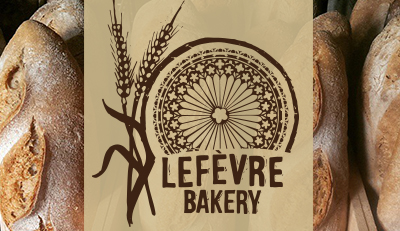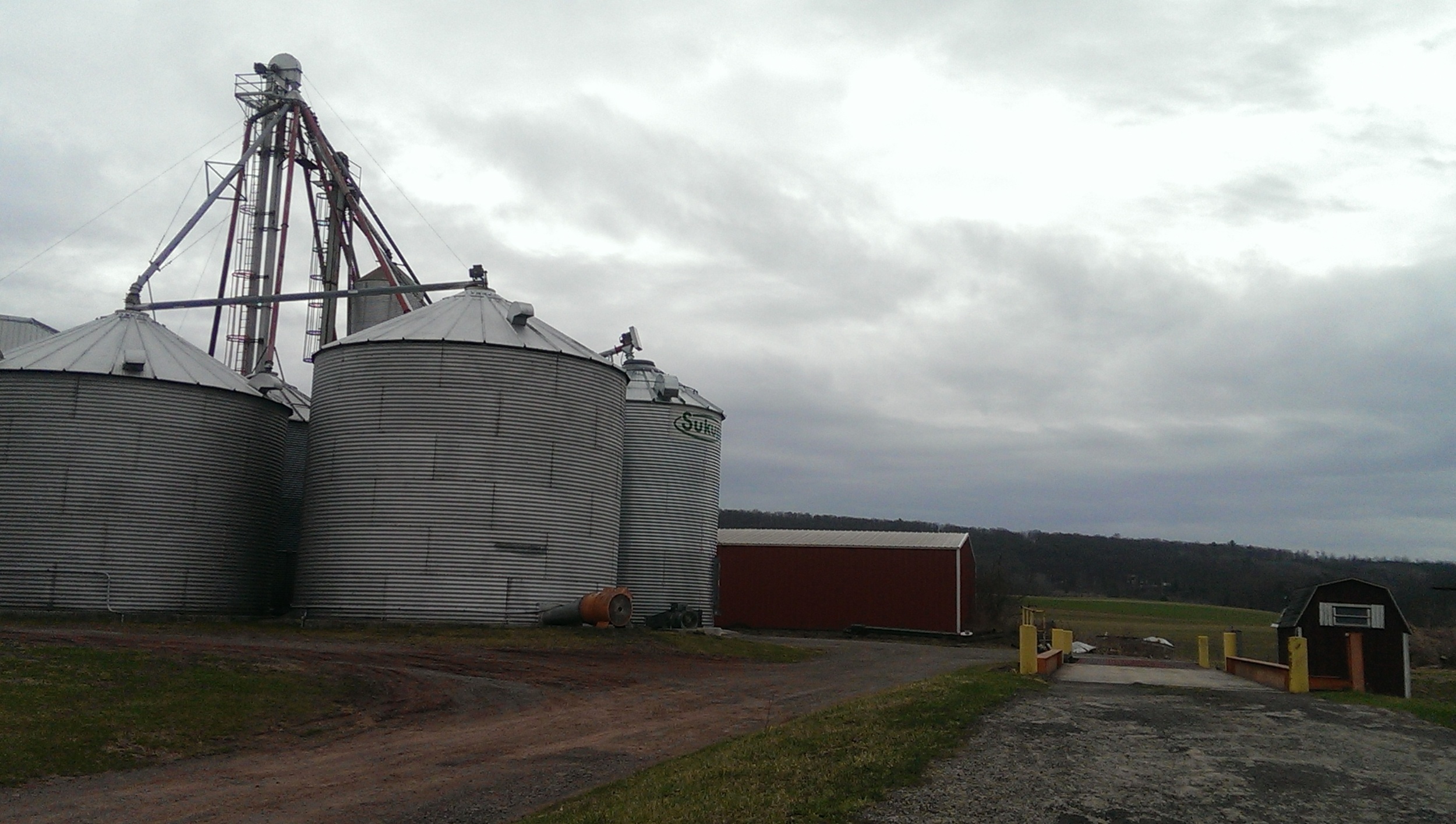Fresh Ground Grain: When Quicker is Better
You know that LeFevre Bakery's bread is sold freshly baked (within 24 hours to be specific). However, this bread's short journey from oven to taste buds is not the only thing that contributes to its freshness. The grains are also ground fresh before every mix.
Why does grinding fresh matter? In the case of grinding grains, the fresher the flour, the more flavorful the bread!
As we saw in the last blog post, "Fermentation: Harnessing the Power of Nature," quick does not always equal delicious. Indeed, accelerating food production is a major contributor to America's unhealthy and bland diet. Yet, freshness still matters, even with fermented foods.
The primary contributors to delicious bread is the fermentation and the whole grains, yet the maximum flavor for each process is found at very different time frames.
For the sake of simplification, the longer the fermentation, the more complex and interesting the flavor.
The shorter the time between grinding grains and mixing the flour with water, the more flavor those grains (in my case, spelt and rye) will contribute to the final loaf.
In the case of the bread I bake for the Huntingdon Farmers' Market this Thursday, May 7th, the sourdough will have been fermenting since April 9th and the grain will be ground May 7th, minutes before being mixed with water.
As is true with anything worth doing and learning in this world, there's more to a loaf of bread than meets the eye.






